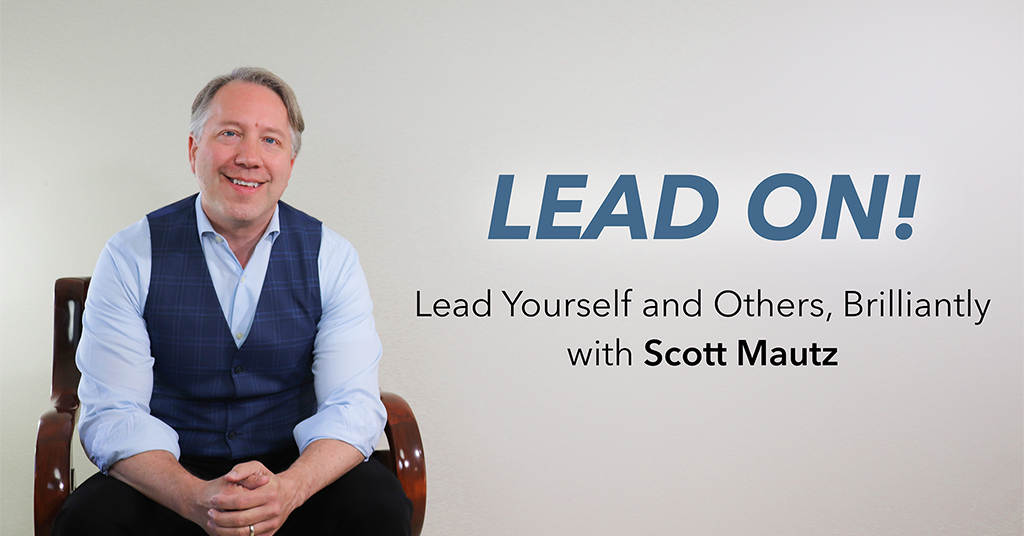
INSIGHTS (on leadership/self-leadership)
One day or day one. You decide.
It’s estimated that at any given point in time, nearly two-thirds of us are putting off something we dream of doing. “One day…” we tell ourselves. If this applies to you (or someone you know), in any way, stop for a moment, in your tracks, and ask yourself:
“What if I committed to make Day One, today? What if I started taking steps towards that thing I dream of, right now?”
What if you tapped into the power of the Zeigarnik Effect to help? I’ll explain.
In a famous study (famous at least among us research nerds), participants were asked to solve a difficult cognitive puzzle in a set amount of time. Half were allowed to complete it and the other half were told the study was over before any had completed it. The “interrupted” participants recalled two times more detail about the task than those who completed it. And 90% of the interrupted kept working on the puzzle, even though they were told time was up.
The study illustrates what’s known as the Zeigarnik Effect, which says that if we can manage to just start a task, we’re far more likely to remember it and be driven to finish it. Our brain just works differently when we’ve begun to engage in something. That’s why cliffhangers are used on our favorite TV shows. Our brain recalls the last episode because it was interrupted, and it wants a conclusion.
So, to beat procrastination, to advance towards your dreams, take that first step and just…get…going.
IMPERFECTIONS (a mistake many make)
One of the most common mistakes people make that turns a bad situation worse, is when they ignore the Fast-Forward rule. It says, “Something bad happened? Got it. Move forward.” That’s pretty much it. But instead, we hit the rewind button, even setting it on auto-loop. Over…and over…and over…we replay fragments, or the entire event, in our minds.
But think about it. Doing that can ONLY make things worse. Literally. OK, maybe the first two times you review it in your head you actually think of things you could have done differently or ways to improve the outcome. Fine. But the usefulness of hitting rewind quickly evaporates, and only harm can follow.
So, when a bad situation happens, force yourself to hit fast-forward. As author James Clear said on the matter: “The damage is done. The only thing that matters now is making the best choice given your current position. Next play mentality.”
IMPLEMENTATION (one research-backed strategy, tip, or tool)
Want to consistently make great first impressions?
Harvard research shows you might be doing it wrong. Turns out many make the mistake of quickly focusing the conversation on themselves, their viewpoint, and their impressive self-stories. But doing this markedly decreases your likability. So, what to do instead?
Ask more questions. Surprisingly, the research showed most people don’t think asking more questions is a good thing. But it is, because it demonstrates the three things people are instinctively looking for when meeting someone for the first time: 1. Do they understand me? 2. Do I feel validated? 3. Do they care about me?
The Harvard team even studied successful speed daters and found that “speed daters who ask more questions during their dates are more likely to elicit agreement for second dates, a behavioral indicator of liking.” Makes sense –if my first date showed responsiveness through question-asking and showed that she understood me, validated me, and cared, I’d be far more likely to ask for a follow-up date.
To help set the overall tone for your next chance at a great first impression, remember to keep your AIM true:
Authenticity–Relax and be yourself. Imagine you’re catching up with an old friend. This is especially helpful if you’re meeting someone particularly important or intimidating.
Interest–show yours. Our fellow human beings are fascinating. What would genuinely be interesting to learn about the other? Set aside the pressures of having to make a good first impression or what may be at stake with this encounter. Let your guard down and focus on being interested, not interesting.
Make the effort to listen–What’s the point in asking questions if you’re not going to listen to the answers, and respond to them?




Leave a Reply